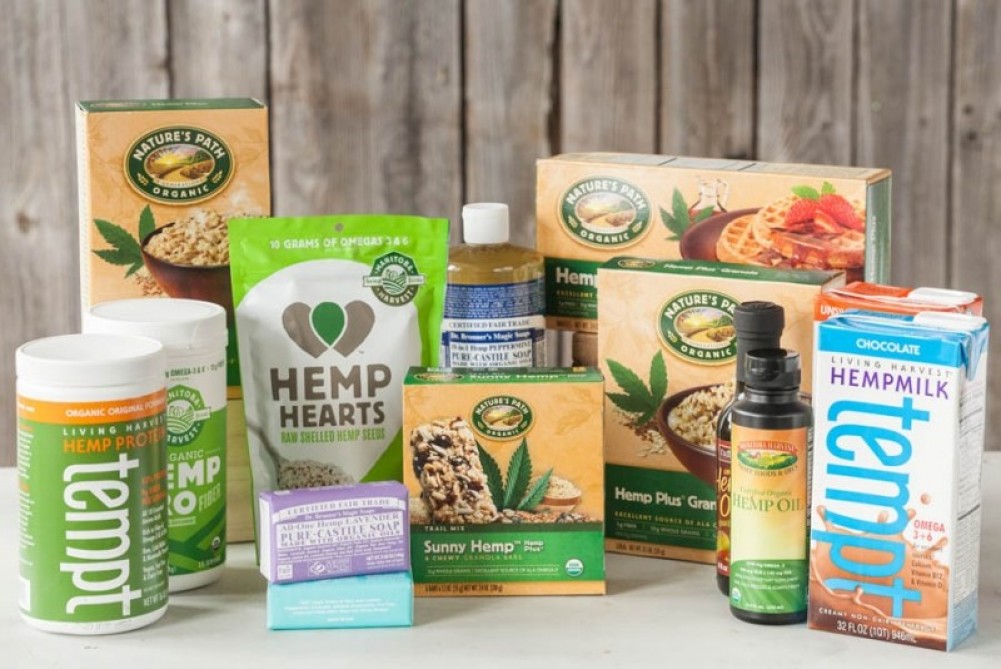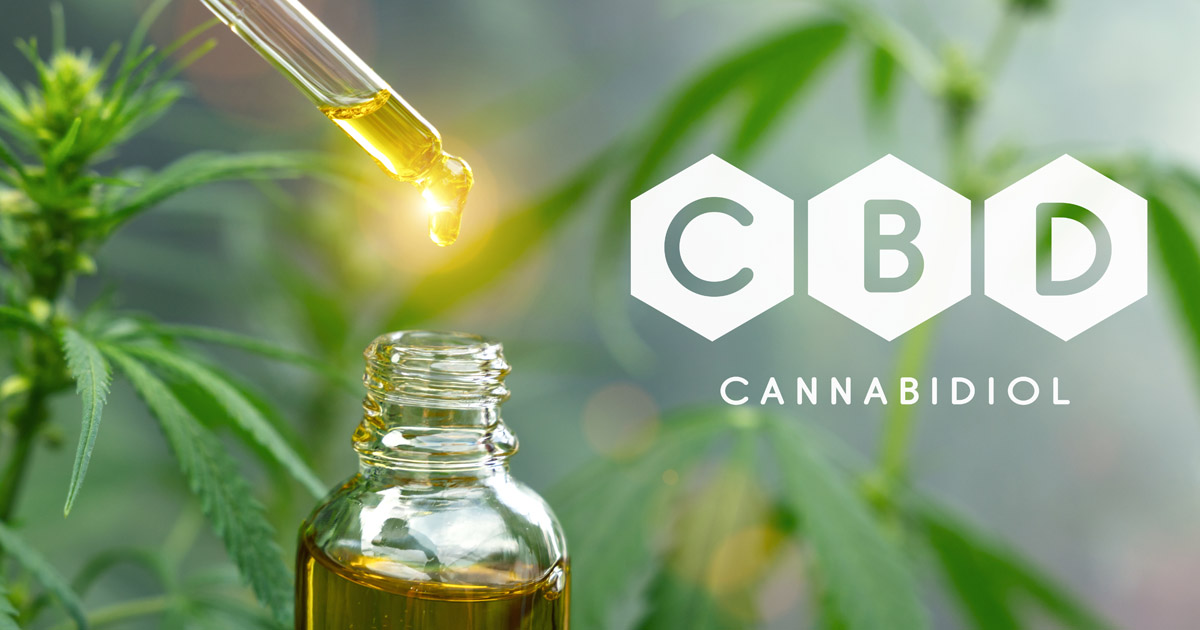The Rise of CBD – All Questions Answered
Introduction
In recent years, CBD (cannabidiol) has experienced an unprecedented rise in popularity, captivating the attention of consumers, researchers, and healthcare professionals alike. This comprehensive guide aims to answer all your questions about CBD, including its origins, legality, health benefits, potential side effects, different forms of consumption, and considerations for purchasing and using CBD products. Whether you’re new to CBD or seeking more information, this guide will provide a comprehensive understanding of this remarkable compound and its evolving landscape.
Understanding CBD
In this section, we will explore the basics of CBD, including its origins as a compound derived from cannabis and hemp plants. We’ll discuss the differences between CBD and THC (tetrahydrocannabinol), the psychoactive compound in cannabis, and the various factors that contribute to CBD’s growing popularity.
The Legality of CBD
Navigating the legal landscape of CBD can be complex, as regulations vary from country to country and even within different regions. We’ll provide an overview of the legal status of CBD in various jurisdictions, highlighting key considerations such as the THC content, source of CBD (hemp or marijuana), and compliance with local regulations.
Health Benefits of CBD
CBD has gained attention for its potential therapeutic properties. In this section, we’ll delve into the scientific research surrounding CBD’s effects on various health conditions, including chronic pain, anxiety, depression, epilepsy, inflammation, and sleep disorders. We’ll explore the mechanisms of action by which CBD interacts with the body’s endocannabinoid system and other receptors to produce these potential benefits.
CBD and Side Effects
While CBD is generally well-tolerated, it’s important to be aware of potential side effects. We’ll discuss the possible adverse reactions of CBD, such as dry mouth, drowsiness, and interactions with certain medications. Understanding these potential side effects will help you make informed decisions about CBD usage and seek appropriate medical advice if needed.
Different Forms of CBD Products
CBD is available in various forms, including oils, tinctures, capsules, edibles, topicals, and vape products. Each form has its unique characteristics, bioavailability, and onset time. We’ll explore the pros and cons of each form, helping you choose the most suitable option based on your preferences and needs.
Choosing High-Quality CBD Products
With the proliferation of CBD products on the market, it’s crucial to prioritize quality and safety. We’ll discuss the importance of sourcing CBD products from reputable manufacturers, considering factors such as third-party lab testing, extraction methods, and product labeling. Additionally, we’ll address common concerns, such as determining the appropriate CBD dosage and understanding product potency.
Considerations for Special Populations
Certain populations, such as pregnant or breastfeeding individuals, children, and individuals with specific medical conditions, may require additional considerations when using CBD. We’ll discuss the current research and recommendations for these populations, emphasizing the importance of consulting healthcare professionals before incorporating CBD into their routines.
CBD and Drug Interactions
CBD has the potential to interact with certain medications, impacting their efficacy and metabolism. We’ll explore the importance of understanding potential drug interactions, particularly with medications that undergo liver metabolism. It is crucial to consult with healthcare professionals if you’re taking medications and considering CBD use to avoid any potential adverse effects.
CBD and Sports Performance
CBD has gained attention in the sports community for its potential role in promoting recovery, reducing inflammation, and managing pain. We’ll examine the current research surrounding CBD’s impact on sports performance, exploring its potential benefits, anti-doping regulations, and considerations for athletes considering CBD use.
The Future of CBD
As CBD continues to gain recognition, we’ll explore the future trends and developments in the CBD industry. This includes ongoing research, potential regulatory changes, innovations in product formulations, and emerging applications of CBD in various fields such as skincare, wellness, and veterinary medicine. Understanding the evolving landscape will allow you to stay informed and make educated decisions about CBD in the future.
Conclusion
The rise of CBD has sparked significant interest and discussions surrounding its potential health benefits, safety, and legal considerations. This comprehensive guide has provided a detailed exploration of CBD, answering common questions and addressing key aspects related to its origins, legality, health benefits, forms of consumption, purchasing considerations, and future trends. As the CBD landscape continues to evolve, it’s important to stay informed, seek reputable sources of information, and consult healthcare professionals when necessary to make well-informed decisions about incorporating CBD into your lifestyle.




